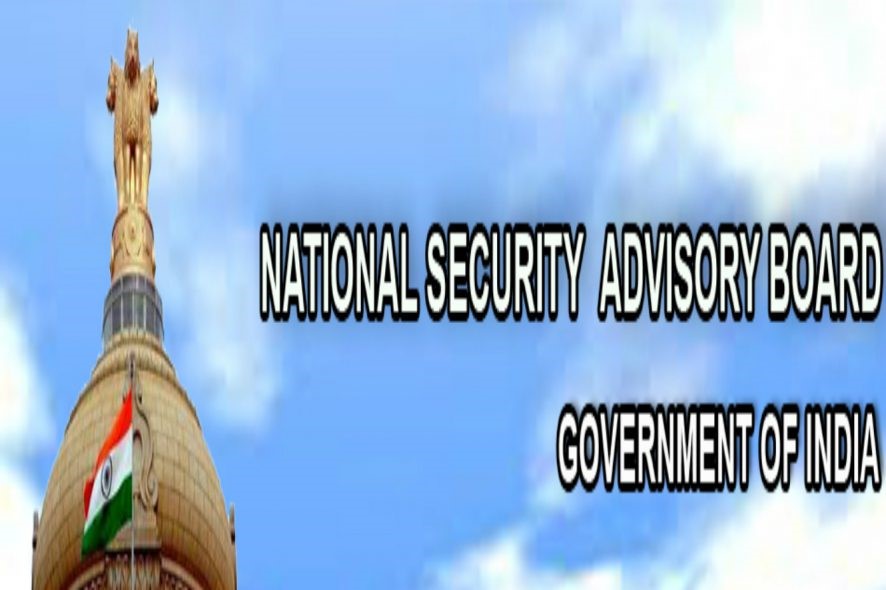Government Reconstitutes National Security Advisory Board
Government Reconstitutes National Security Advisory Board
Why in News ?
The Indian government has reorganized the National Security Advisory Board (NSAB) amid ongoing tensions with Pakistan following the Pahalgam terror attack. Alok Joshi is appointed Chairman, and seven new members are inducted into the 16-member body.
Reconstitution of NSAB:
- The National Security Advisory Board (NSAB) has been reorganized with Alok Joshi, former Chief of RAW (Research and Analysis Wing), appointed as Chairman.
- The reconstitution includes seven new members and brings fresh perspectives to national security discussions.
- Key inductees include former Ambassador to Russia D. B. Venkatesh Varma, Gen. A.K. Singh, Air Marshal P.M. Sinha, Rear Admiral Monty Khanna, and former IPS officers Rajiv Ranjan Verma, Manmohan Singh, and A.B. Mathur.
- This reconstitution is a standard practice after members’ tenure ends, ensuring continuity with the addition of new expertise.
Government’s Response to Terror Attack:
- The reorganization of the NSAB comes amidst heightened tensions with Pakistan following the Pahalgam terror attack on April 22, which left 26 dead.
- The Prime Minister Narendra Modi chaired a Cabinet Committee on Security (CCS) meeting, expressing full confidence in the armed forces.
- Modi granted the armed forces complete operational freedom in determining targets, timing, and response strategies.
Role of NSAB:
- NSAB provides long-term analysis and advice on national security issues referred to it by the National Security Council (NSC).
- It recommends policy solutions to strengthen national security, comprising individuals from diverse fields such as industry, media, and civil society.
- The NSAB was first constituted in December 1998 as an advisory body to support the NSC in addressing national security concerns.
About National Security Council Secretariat (NSCS) :● Establishment: Created in the late 1990s as the secretariat for the National Security Council (NSC). Key Components●Additional NSA: Newly appointed to strengthen NSCS functions. Significance of ANSA Appointment● Link Role: Acts as a key link between the NSA and NSCS members. |






